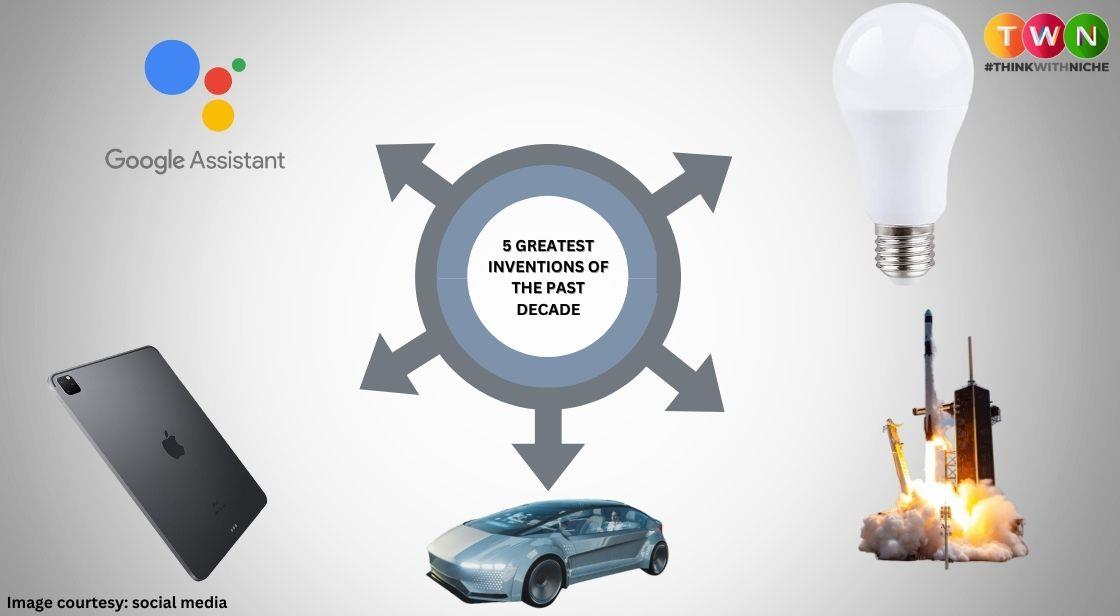Set Up Your Antique Business With This Start-Up Guide
You probably believe that starting an antique business is really challenging. Let me tell you something: managing even a small restaurant is really difficult if you have no business or market understanding. But you, my fellow readers, need not be concerned in the least. We have written some fantastic articles about the antique industry. Being a soul in the technological world requires one to keep in mind their roots in antiquity. Smartphones are a result of simple inventions from the past. We refer to the antique business as bringing such antiquated artifacts of past into the modern era. You can find detailed instructions on how to start your own antique business in this post.
Many antique artifacts with good market value are available for purchase. You must first decide which genre you wish to launch your business in. Confused about the various categories in the antique market? Learn more about the various vintage objects you can sell and how to focus on one particular one by clicking here. Before moving on, let's define an antique.
What qualifies as an Antique?
An object must be at least 100 years old and in its original condition in order to be considered an antique, according to traditional definitions. (Automobiles are an exception to this rule; some definitions classify a car as an antique even if it is only 25 years old.)
Let's now explore how to start your own antique business and extract some valuable information from it.
Start-Up Guide To Building Your Own Antique Business
Without any further ado, we will talk straight away
about the steps:
1. Selecting the Perfect Product Line
Antique shops offer a wide range of products that can catch the eye of an art collector, including furniture, home décor items like mirrors, candle stands, and doorknobs, as well as pieces of art. In any living space, these might take center stage. Along with single customers, you can also get bulk orders for an office project or home decoration.
For your clientele, you might even replicate a well-known work of vintage art.
If you run an antique shop, you must be mindful of your customers, employ creative marketing techniques, and have a solid grasp of your goods. It will help you start a successful antique business.
2. Business Planning/ Antique Store Planning
You need to have a clear plan in place before you launch your firm. There can be no success and no tale without a plan. Be an entrepreneur first, then a business owner. This mentality will assist you in formulating the plan and identifying the details.
3. Location for your antique shop
Choose a roomy, prominent location for your vintage store. The shop should have big glass windows so that customers can easily see the antiques and collectibles. Enough customer parking spaces and easy street access are crucial considerations. When shopping, customers typically look for comparable products. It makes sense to be close to establishments that sell furniture, fine kitchenware, and bedding. It's because your clientele will share many of their clients' demographics.
You should hire a sign maker to create the signage once the shop's interior decoration is finished.
4. Analyze your competitors
Visit more antique and collectible businesses to discover their product offerings. Keep track of their product mix, including the eras they are trading in. If you want to sell vintage décor, you should stock your business with items like carpets, home decor, antique furniture, showpieces, and wall hangings.
Since no business idea is truly original in the modern world, you should be aware of your rivals. You should be informed of the options available to your customers before selecting the service. After understanding the competitive market environment, you must build your competitive edge.
5. Startup costs and ongoing costs
You must take your business's startup costs into account. You will spend a lot of money buying and collecting several vintage goods for your shop. Make sure you have the money available when you need to buy the necessary items before you start. If you have an online store, this startup expense may be lower. You'll save money and space on building your office. Your costs ought to be lower for a startup. When it comes to recurring expenses, this cost still matters after your business has launched. Since you'll be buying and selling things, you need solid credit overall. Make sure you have dependable transportation and a website that may help you cut expenditures on a regular basis.




